The ongoing nightmare of Chloe Ayling's abduction
The model hopes the BBC's new drama detailing her 2017 kidnapping will finally bring an end to her traumatic ordeal
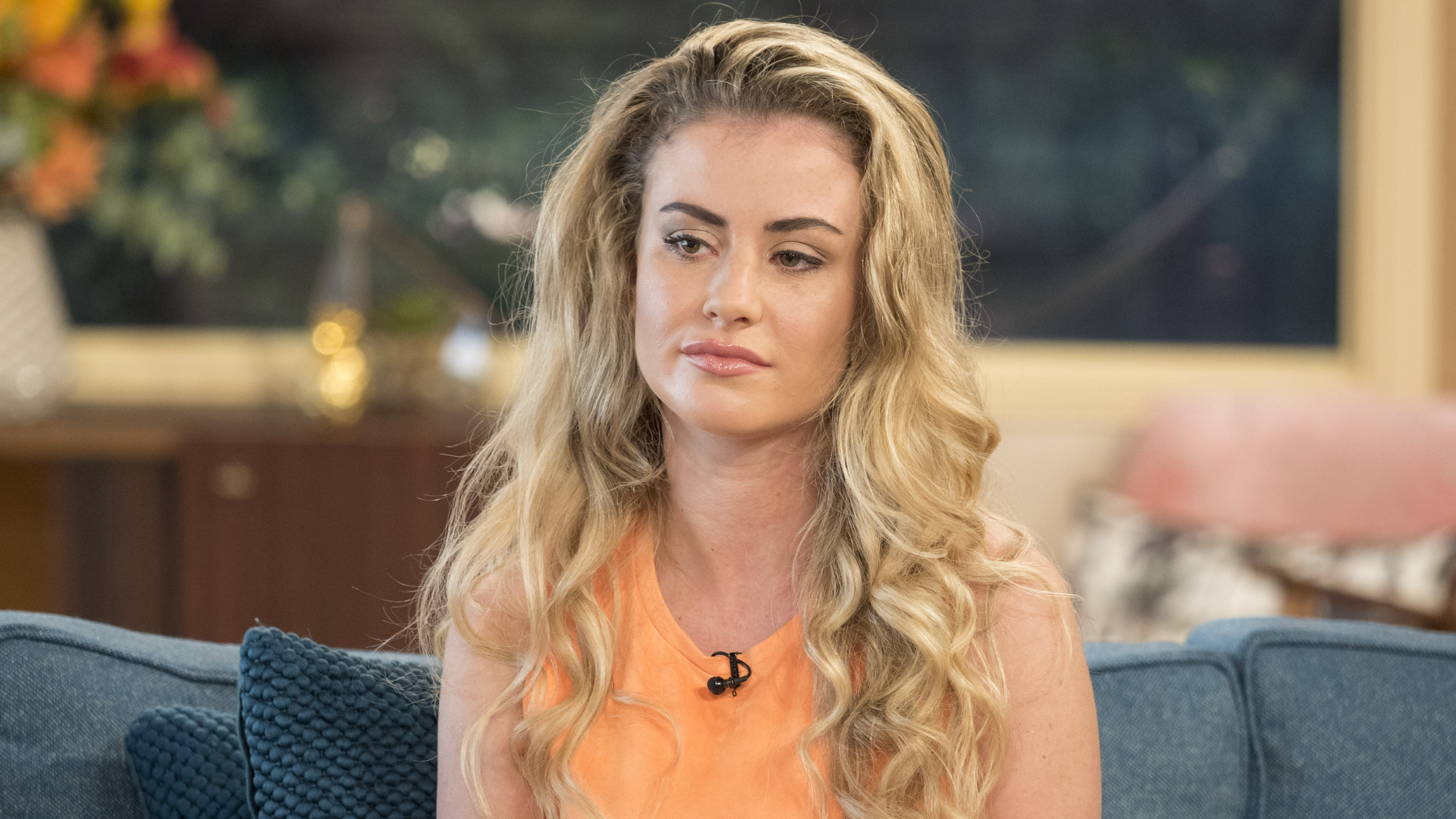
A free daily email with the biggest news stories of the day – and the best features from TheWeek.com
You are now subscribed
Your newsletter sign-up was successful
Chloe Ayling flew from her home city of London to Milan in 2017 for what she believed was a legitimate photoshoot. On arrival at the studio, the 20-year-old model was kidnapped and drugged by masked men before being bundled into the boot of a car and taken to a remote farmhouse near Turin.
Six days later she was released. But her "terrifying ordeal" was far from over, said Julia Llewellyn Smith in The Times. Despite the mastermind behind her kidnapping being sentenced to 16 years in prison in 2018, the "mud-slinging persists". Instead of being given any sympathy for the trauma she went through, Ayling has been widely "vilified".
Now, her harrowing experience is the subject of a new six-part BBC drama, "Kidnapped: The Chloe Ayling Story", starring Nadia Parkes. Ayling told the broadcaster she wanted the facts to be "laid out" so everyone knows what actually happened. "This should be a lesson for people not to judge victims based on the way they act or react."
The Week
Escape your echo chamber. Get the facts behind the news, plus analysis from multiple perspectives.

Sign up for The Week's Free Newsletters
From our morning news briefing to a weekly Good News Newsletter, get the best of The Week delivered directly to your inbox.
From our morning news briefing to a weekly Good News Newsletter, get the best of The Week delivered directly to your inbox.
'Fed to tigers'
The traumatic events began seven years ago, when Ayling's agent, Phil Green, was contacted by an Italian photographer Andre Lazio (actually the 30-year-old West Midlands-based Polish computer programmer Lukasz Herba), who wanted to book the model for a photoshoot.
Shortly before the shoot, the location was changed from Paris to Milan. But when Ayling walked into the studio on that "fateful" afternoon in July 2017, she "instantly knew something was off", said the London Evening Standard.
Within seconds, a masked man put his hands around her face and mouth. She woke up in a holdall in the back of a car, having been injected with ketamine. Her captors – Lukasz and his brother Michal – drove more than 200 miles to a secluded farmhouse where she was tied to furniture and told a series of elaborate lies.
Lukasz falsely claimed he was part of a Romanian criminal gang called the Black Death and that she would be "sold as a sex slave on the dark web" if she couldn't raise the €300,000 (265,000) ransom fee, said The Independent. When whoever bought her grew tired of her, she would be "fed to tigers".
A free daily email with the biggest news stories of the day – and the best features from TheWeek.com
Ayling gradually realised that Lukasz was "infatuated" with her and agreed to sleep in a bed with him, convincing him that one day she might become his girlfriend: "an act of deception that may well have saved her life".
Back in the UK, Ayling's mum had raised the alarm and East Midlands police began negotiating with her daughter's kidnappers. But six days later Lukasz chose to let Ayling go: after eating breakfast together at a cafe in Milan, she walked through the doors at the British consulate.
A media storm
Despite escaping her captors, Ayling's "nightmare only continued" on her return home, said The Independent. The model was "scrutinised" by the public and "ridiculed" by the press, who became "obsessed" with the argument "peddled" by her kidnappers that her entire ordeal had been nothing more than a publicity stunt to turbocharge her career.
Ayling was asked why she was caught on CCTV holding hands with one of her captors, and why she wore shorts and smiled when giving a statement to reporters outside her home, said The Times. "This wasn't victim behaviour, sniped the internet."
Within months of her return home, Piers Morgan "aggressively interrogated" her on "Good Morning Britain", justifying his "difficult questions" with her decision to cash in on her experience with a book detailing her ordeal. (She later appeared on "Celebrity Big Brother" further fuelling the backlash.)
Even when her kidnappers were given lengthy jail sentences, she didn't feel vindicated. "I wanted to be positive and move on, but it still goes on," said Ayling, who feels there was little acknowledgement of what she went through. "I was never praised for my bravery getting out of the situation. Instead, I always have to defend myself."
Looking back, it's easy to see the "misogyny and classism" in Ayling's treatment, said The Times. She told the paper she was "buoyed" by a supportive message among all the trolling, saying that if she was a "snivelly mousy-haired woman" or a teacher she might have been believed.
'Timely and important'
Ayling hopes she will be "exonerated" by the new BBC drama, said The Times. She was paid in an advisory capacity, and the show goes into "great detail" giving a full account of the Herbas' trial – clearly laying out all of the evidence to "prove the brothers' guilt beyond a reasonable doubt".
The series comes after Michal Herba was quietly released 18 months ago for his part in Ayling's abduction (Lukasz Herba is expected to walk free early next year after his 16-year sentence was reduced on appeal).
Georgia Lester, the series writer who has also worked on "Skins" and "Killing Eve", told the BBC it feels like a "timely and important" drama. "I think the wider story here is about how we treat victims, specifically women." Her hope is that the show will finally "vindicate" Ayling in the "eyes of the people who judged her".
Having got through seven years of people questioning whether she faked her own abduction, Ayling feels stronger than ever. "One of two things can happen to you when you go through something like this," she told The Times. "You can become paranoid and crazy, or you can think, 'Wow, if I can get out of that I can get out of anything'. That's me. Mainly I feel invincible."
Irenie Forshaw is the features editor at The Week, covering arts, culture and travel. She began her career in journalism at Leeds University, where she wrote for the student newspaper, The Gryphon, before working at The Guardian and The New Statesman Group. Irenie then became a senior writer at Elite Traveler, where she oversaw The Experts column.
-
 Political cartoons for February 16
Political cartoons for February 16Cartoons Monday’s political cartoons include President's Day, a valentine from the Epstein files, and more
-
 Regent Hong Kong: a tranquil haven with a prime waterfront spot
Regent Hong Kong: a tranquil haven with a prime waterfront spotThe Week Recommends The trendy hotel recently underwent an extensive two-year revamp
-
 The problem with diagnosing profound autism
The problem with diagnosing profound autismThe Explainer Experts are reconsidering the idea of autism as a spectrum, which could impact diagnoses and policy making for the condition
-
 The 10 most infamous abductions in modern history
The 10 most infamous abductions in modern historyin depth The taking of Savannah Guthrie’s mother, Nancy, is the latest in a long string of high-profile kidnappings
-
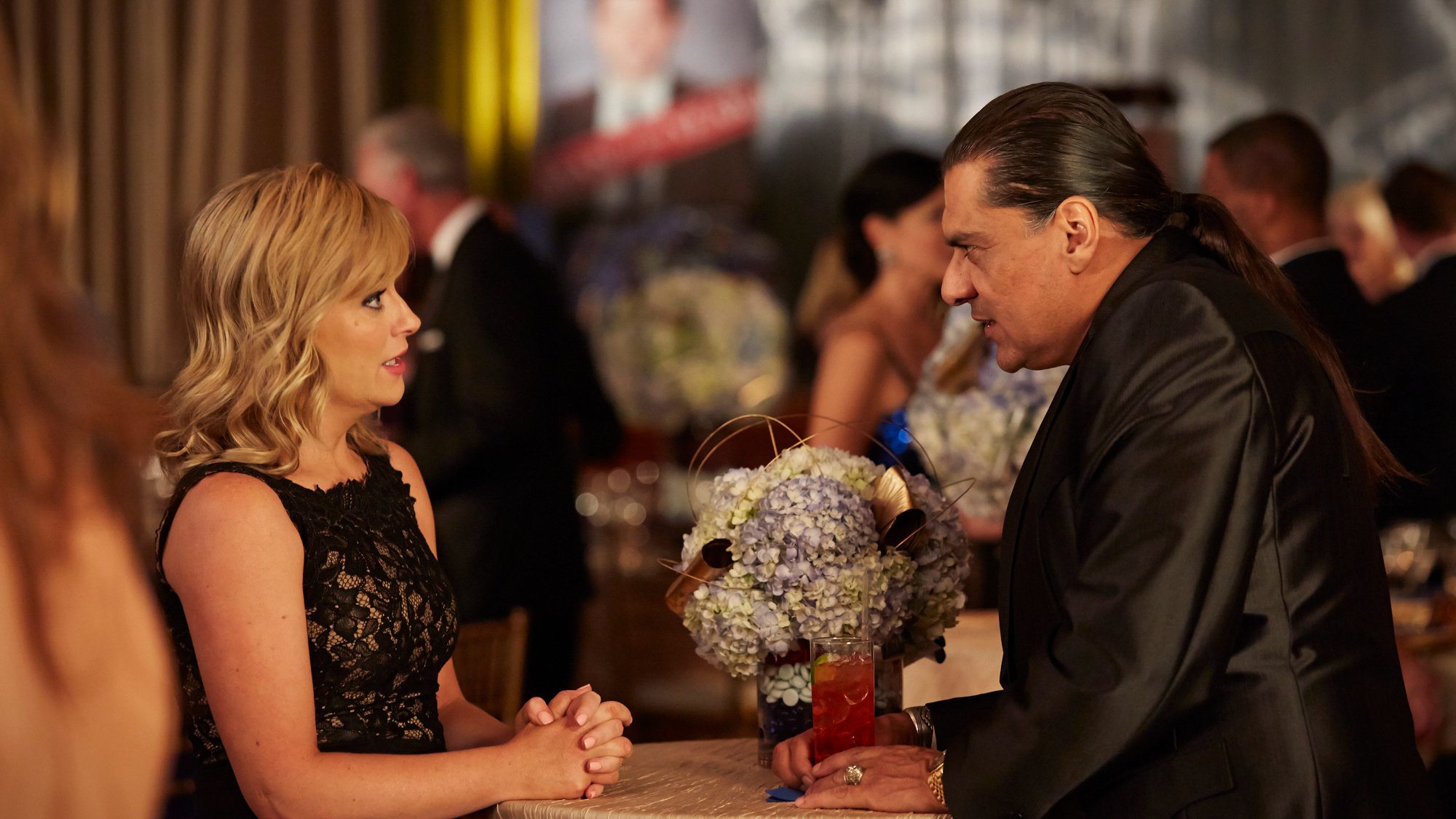 'King of the Hill' actor shot dead outside home
'King of the Hill' actor shot dead outside homespeed read Jonathan Joss was fatally shot by a neighbor who was 'yelling violent homophobic slurs,' says his husband
-
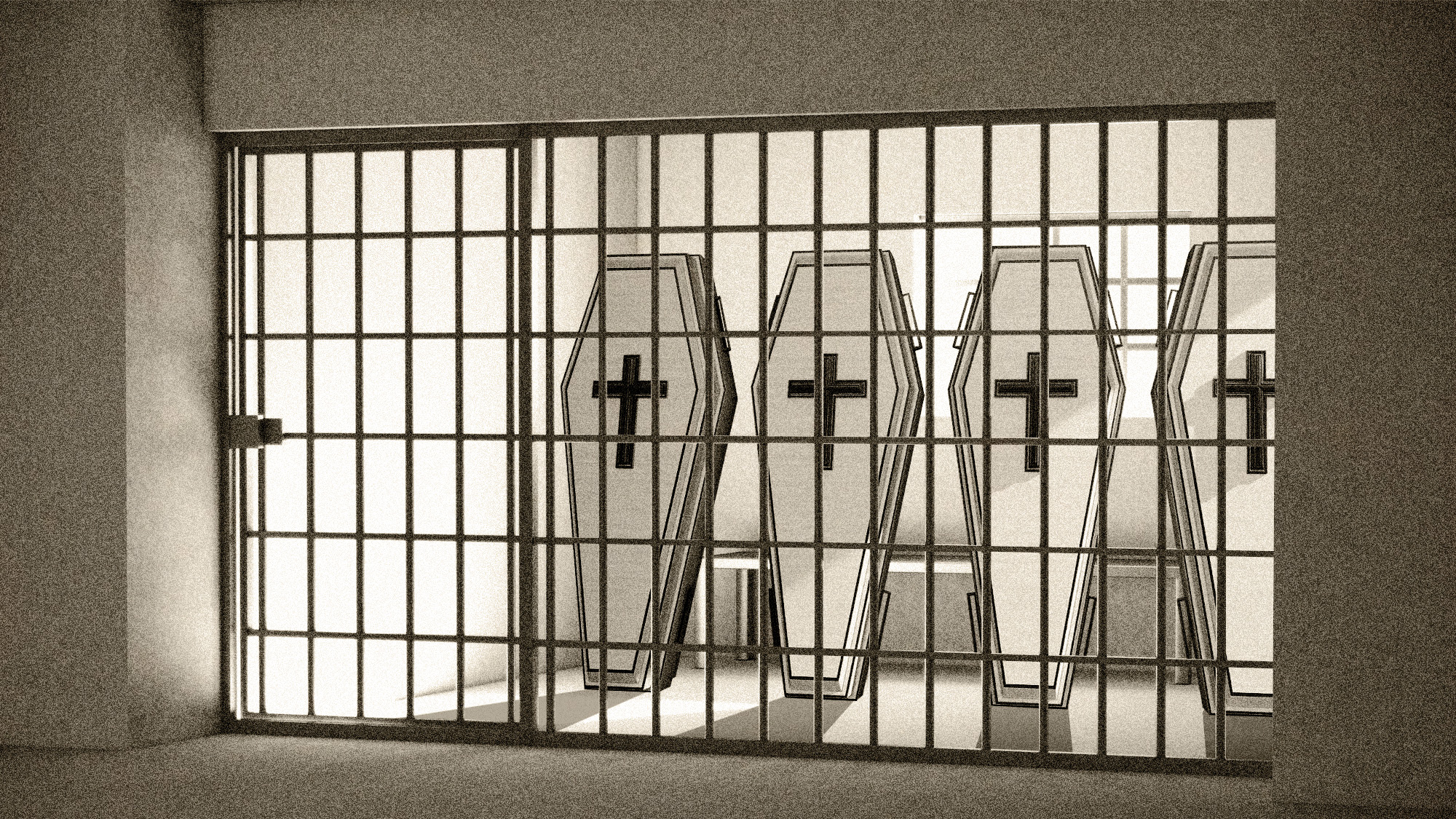 Italy's prisons crisis
Italy's prisons crisisUnder the Radar Severe overcrowding, dire conditions and appalling violence have brought the Italian carceral system to boiling point
-
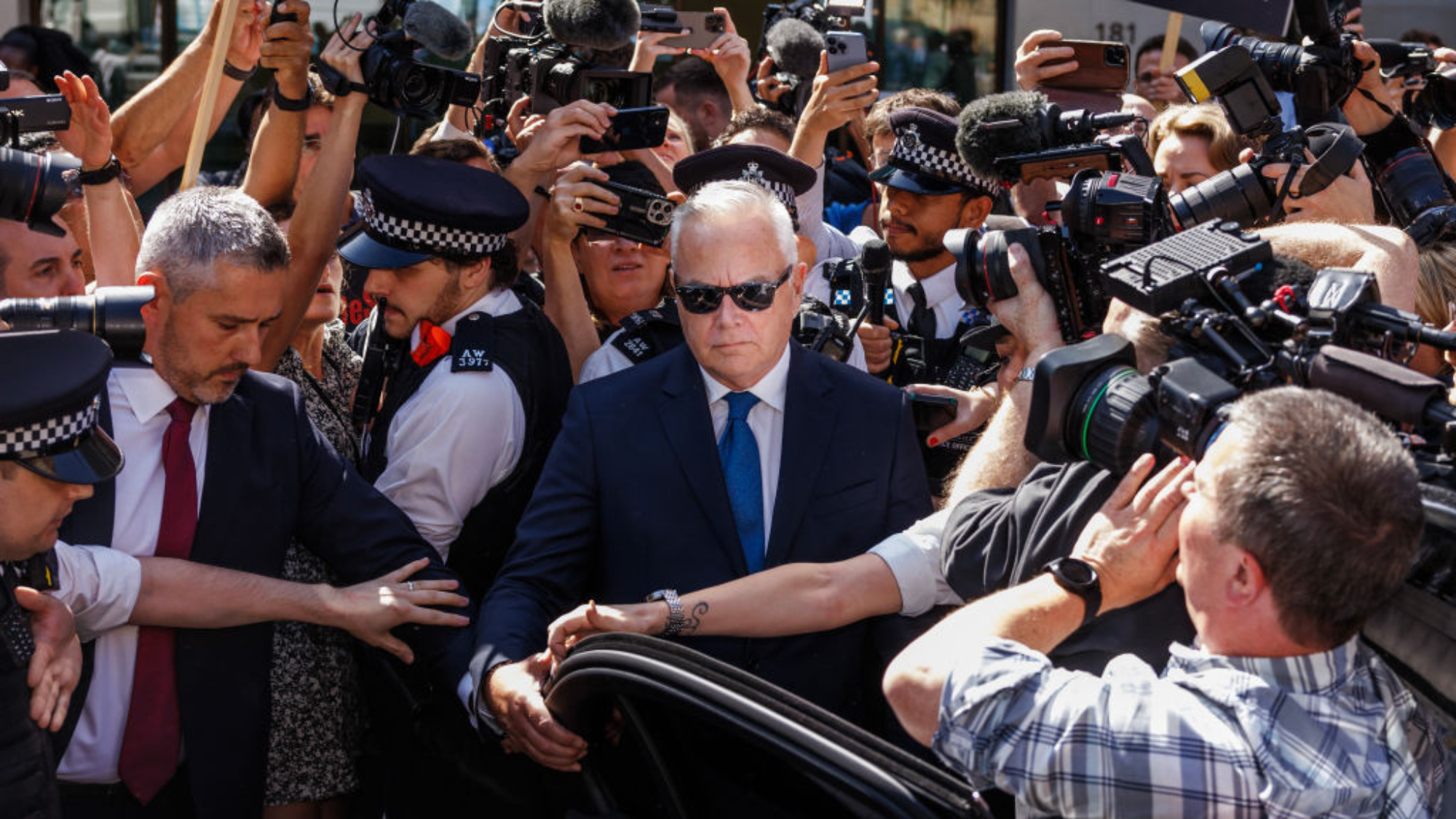 Huw Edwards pleads guilty to making indecent images of children
Huw Edwards pleads guilty to making indecent images of childrenSpeed Read 'Chaos' outside Westminster Magistrates' Court before former BBC presenter's hearing
-
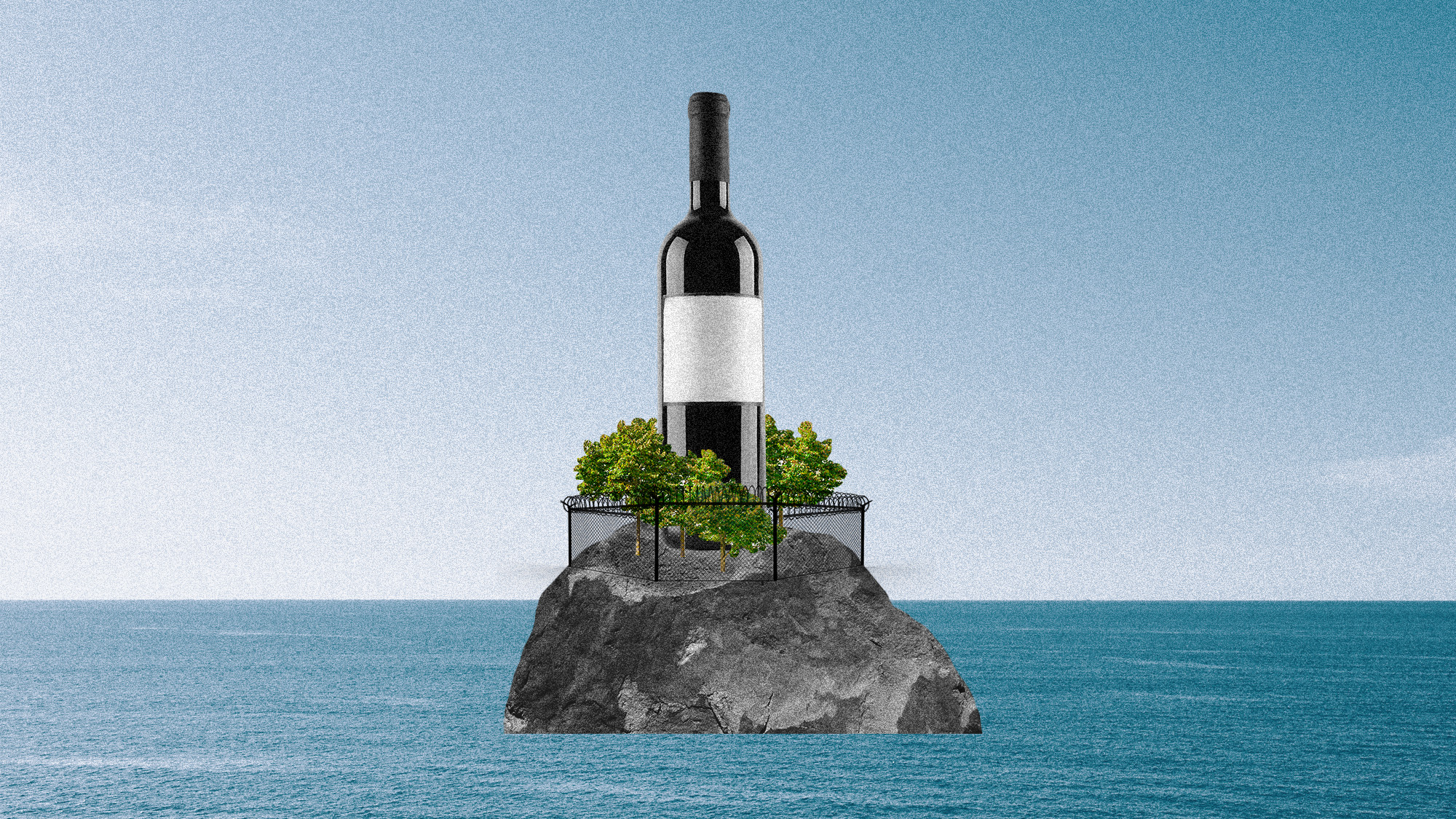 Tuscany's idyllic island prison with a waiting list
Tuscany's idyllic island prison with a waiting listUnder the Radar Europe's last island prison houses 90 inmates and makes wine that sells for $100 a bottle
-
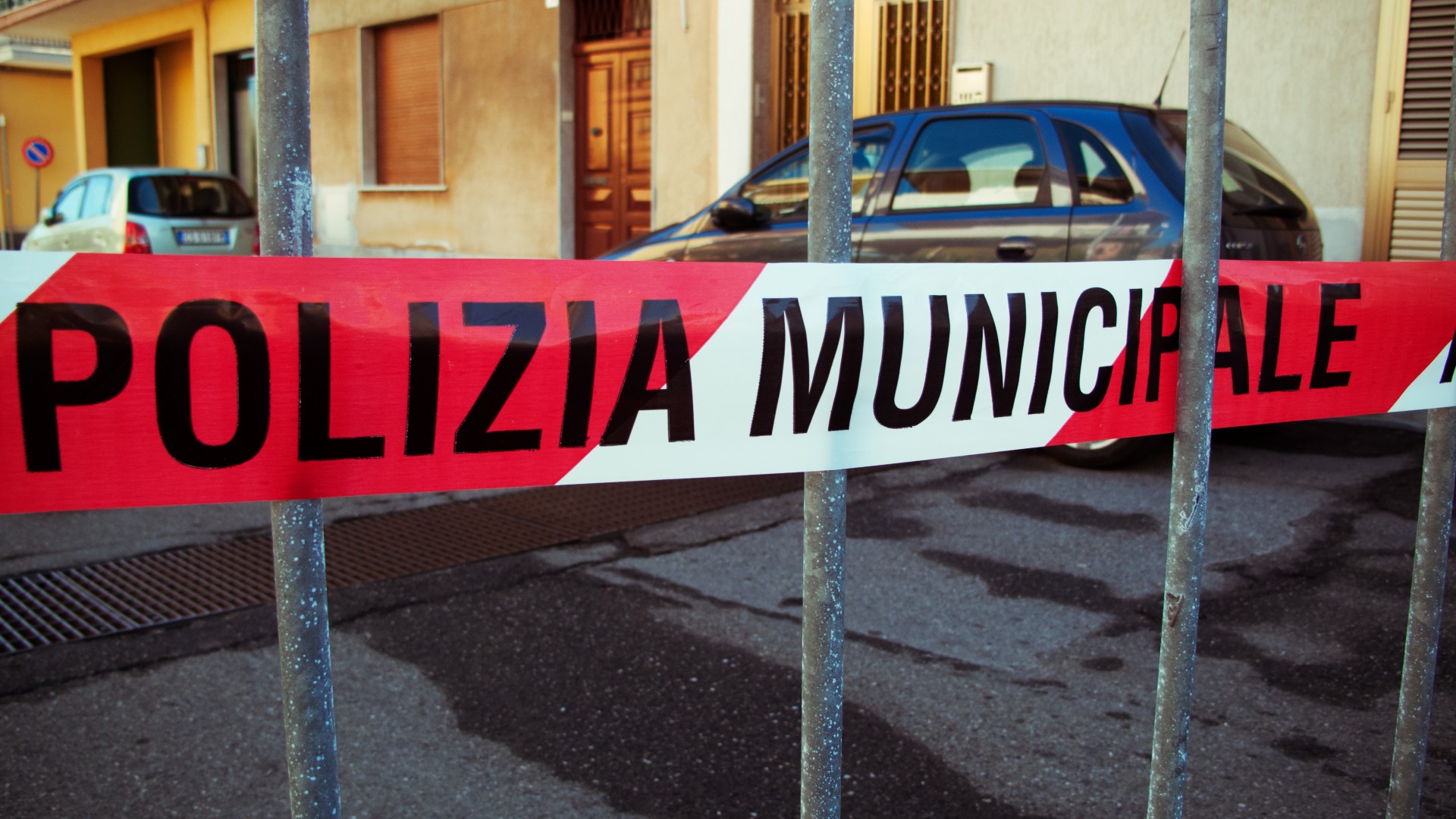 Italian mafia: why is murder and extortion going out of fashion?
Italian mafia: why is murder and extortion going out of fashion?Today's Big Question Move into tax evasion and money laundering means organised crime has 'not diminished but evolved', warns prosecutor
-
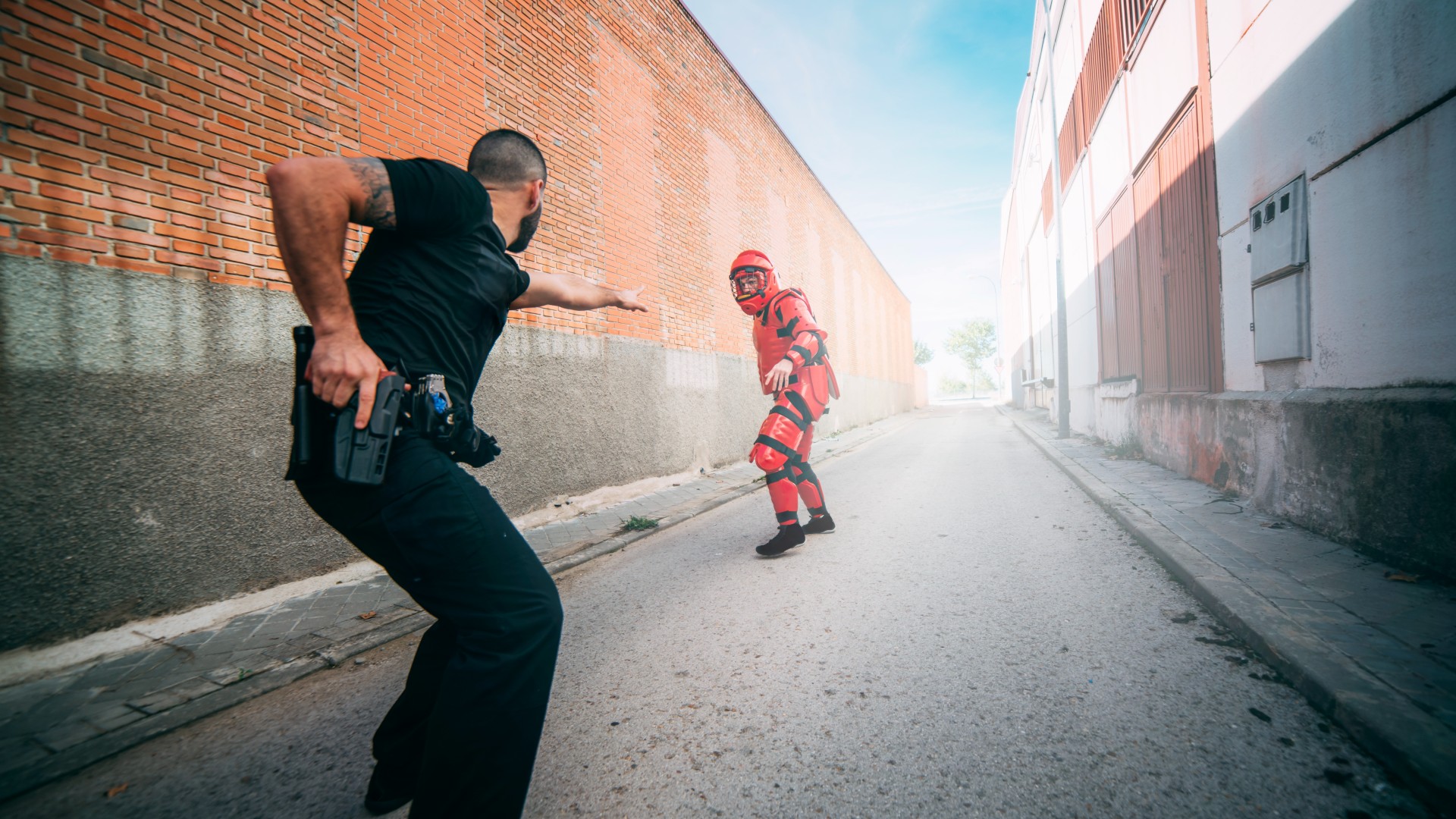 'Warriors' vs 'guardians': the pitfalls of police recruit training in the US
'Warriors' vs 'guardians': the pitfalls of police recruit training in the USIN DEPTH American police training fails to keep pace with the increasingly complex realities that today's officers face
-
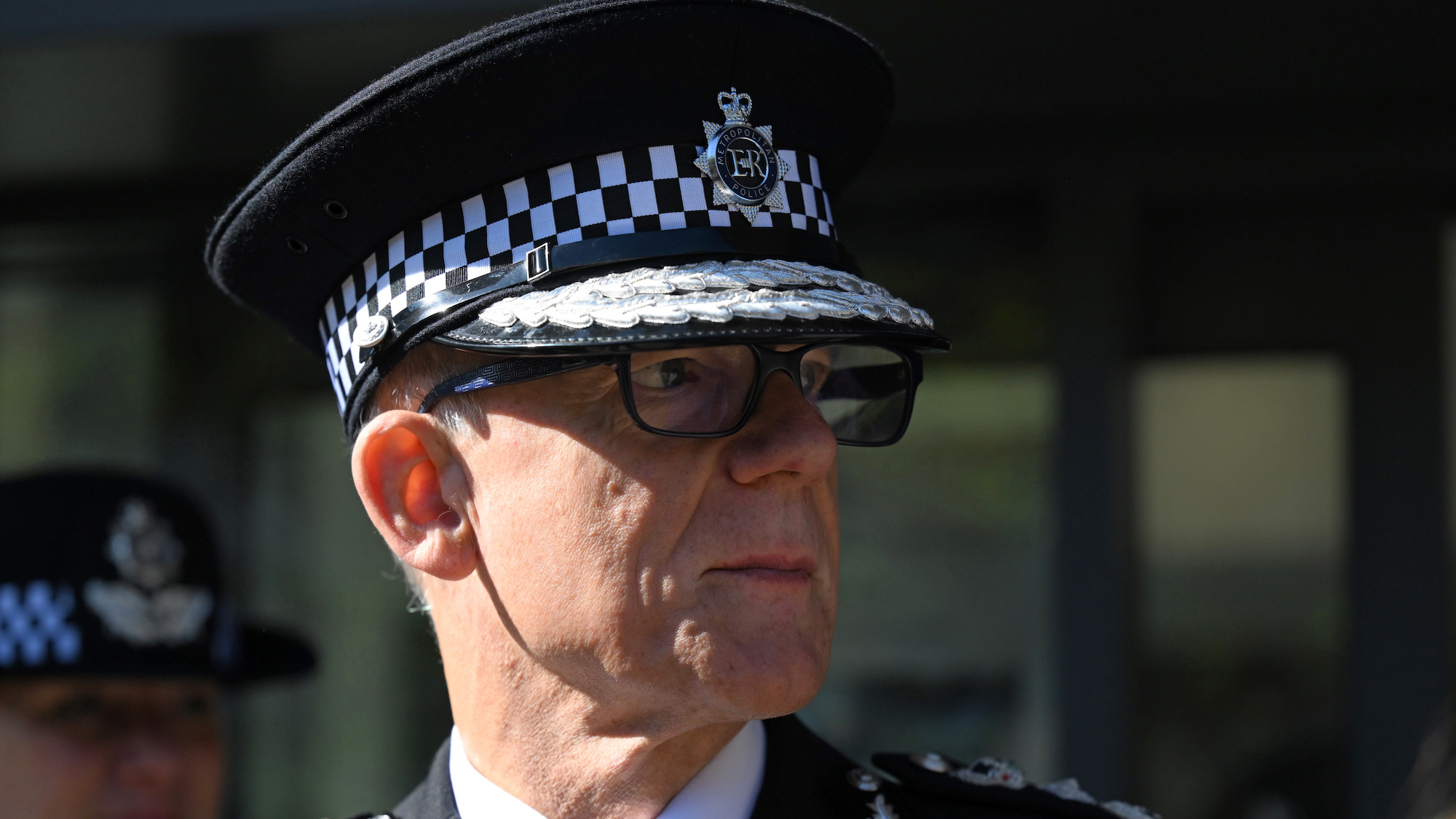 Can the Met Police heal its relationship with the Black community?
Can the Met Police heal its relationship with the Black community?In depth Police chiefs accused of not doing enough to address reported institutional racism